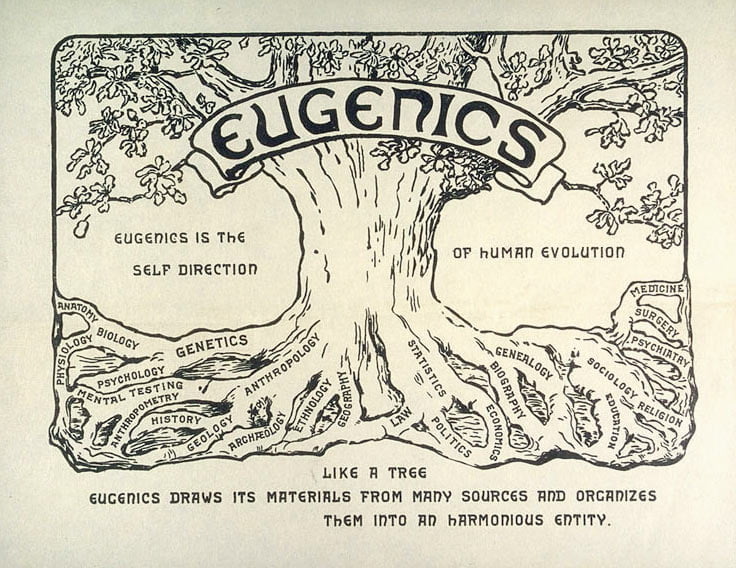
It’s obvious to me that the eugenicists didn’t stop after 1931, that it was used in ways that were politically motivated seems just as obvious. It was preceded by a few generations of “stirpiculture“, which just so happened to make an appearance in an institutionalized form in Nova Scotia in time for “confederation” leading to many subsequent expansions, including at the time of Dartmouth’s incorporation. Howe hinted towards this possibility in his speech at Dartmouth, “The lunatic asylum of course we must keep up, because Archibald may want it by-and-by to put Tupper and Henry into at the close of the elections“, by no means the only example of such statements. That 1868-69 featured the highest number of admission to the “Hospital for the insane” since its inception in 1859 adds further context.
I often think of this whenever I hear a member of Canada’s ruling caste — those who we are supposed to believe have the best interests of their subjects at heart — talk about “mental health” within the context of the current political environment, where they’re preparing every avenue, most especially health and education, for the application of philosophical intoxication against those who resist any of their totalitarian actions and inclinations.
It certainly brings clarity as to why we have such a highly political and ideologically focused monopoly health care system devoid of private payments or hospitals, let alone private insurers for primary care. It’s a level of control that wouldn’t have been so easy to achieve with the patchwork of jurisdictions, imbued with some measure of self government, which we enjoyed previous to this current “amalgamated” regime of hyper-centralization in terms of the administrative state.
I’m sure they’re just looking out for all of our best interests, now.
“Between 1890 and 1927 hundreds of Nova Scotian children and adults were identified as either feeble-minded or mentally deficient through investigations conducted by physicians and philanthropists in the province. The earliest of these studies were not commissioned by the provincial government but instead reflected the middle-class internalization of the eugenic discourse. Reformers, drawn often from medical, religious, educational, and philanthropic vocations, sought with ever-increasing alacrity to respond to perceived social problems, such as poverty, prostitution, venereal disease, and alcoholism, with a scientific solution. The scientific solution that they embraced was eugenics.
Eugenic ideology and programs rose to popularity in Europe and North America at the end of the nineteenth and beginning of the twentieth century. Driven by social anxiety and the medicalization of reproduction, eugenic theory expressed the concerns of the middle classes that those they deemed less fit on the basis of socio-economic class, education or heredity, were reproducing at a higher rate than the ‘desirable’ segments of the population. The application of eugenic theory was shaped by cultural assumptions about gender, class and race which resulted in the same principles finding different expression in different areas across the globe.
This dissertation seeks to understand how local circumstances shaped the Nova Scotian understanding of eugenics and its application. It examines the manner in which Nova Scotian physicians and philanthropists, with strong ties to both New England and Britain, participated in the transnational eugenic discourse through both professional and popular publications and organizations. Overall it argues that the expression of eugenics in Nova Scotia culminated in legislation that enforced the inspection, segregation and institutionalization of individuals who were assessed as feeble-minded. In doing so it also calls attention to the need to recognize outcomes other than sexual sterilization as legitimate expressions of eugenic policy. Subsequently the influential role played by regional circumstances in shaping what was considered an acceptable eugenic outcome as well as how eugenic policy was sought and implemented is examined. In investigating what reformers understood to be eugenic, and conversely what they considered dysgenic, a complex discourse surrounding the health of populations and reliant on ideas of gender, race, and class is revealed.”
Baker, Leslie Elaine. Institutionalizing Eugenics: Custody, Class, Gender And Education In Nova Scotia’s Response To The “Feeble-Minded”, 1890-1931. University of Saskatchewan, Feb. 2015. https://harvest.usask.ca/bitstream/handle/10388/ETD-2015-01-1934/BAKER-DISSERTATION.pdf
